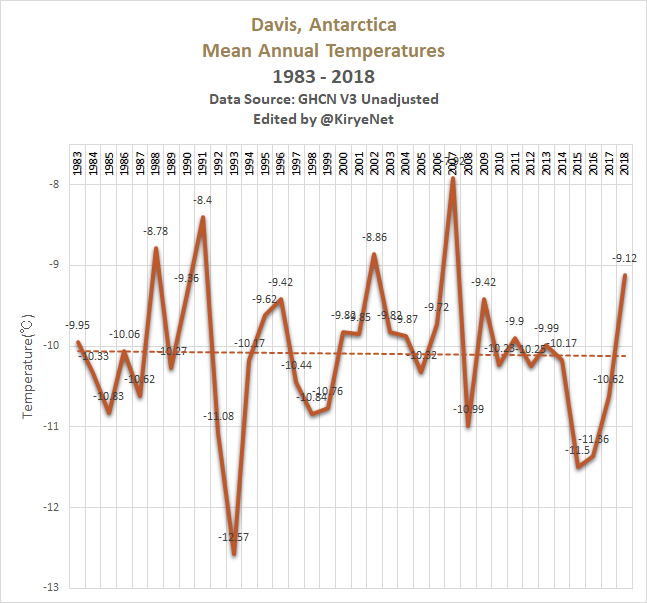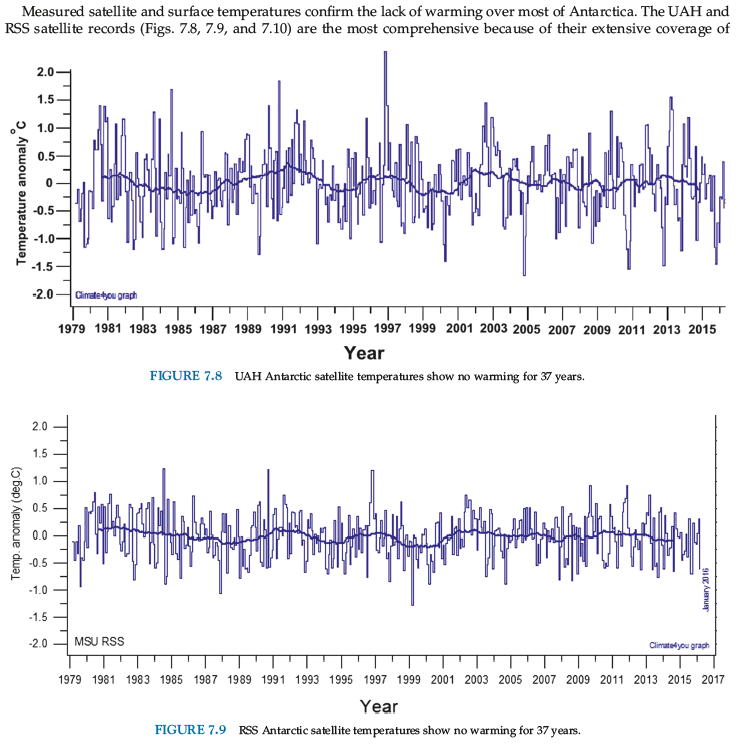- Joined
- Feb 12, 2013
- Messages
- 160,900
- Reaction score
- 57,844
- Gender
- Undisclosed
- Political Leaning
- Centrist
And, scientists are trying to determine why. I suggest they read WUWT and learn it's not melting at all but rather growing rapidly, as the earth cools. /s
Scientists Are Racing to Figure Out Why This Giant Glacier in Antarctica Is Melting So Fast | Live Science
My guess is warm water at the "grounding line" is eating that thing from the bottom up.
Scientists Are Racing to Figure Out Why This Giant Glacier in Antarctica Is Melting So Fast | Live Science
In the next few days, scientists will lower the torpedo-shaped robot, dubbed Icefin, into a nearly 2,000-foot-long (600 meters) borehole in the ice of Thwaites Glacier in West Antarctica....
The Thwaites Glacier covers more than 74,000 square miles (192,000 square kilometers) — an area larger than Florida — and is more than 900 miles (1,500 km) from the nearest U.S. and British Antarctic research bases. It's one of Antarctica's fastest-melting glaciers, having lost an estimated 595 billion tons (540 billion metric tons) of ice since the 1980s. Observations indicate that the glacier is now melting even faster than before, and scientists want to find out why.
My guess is warm water at the "grounding line" is eating that thing from the bottom up.



 ncdc.
ncdc.